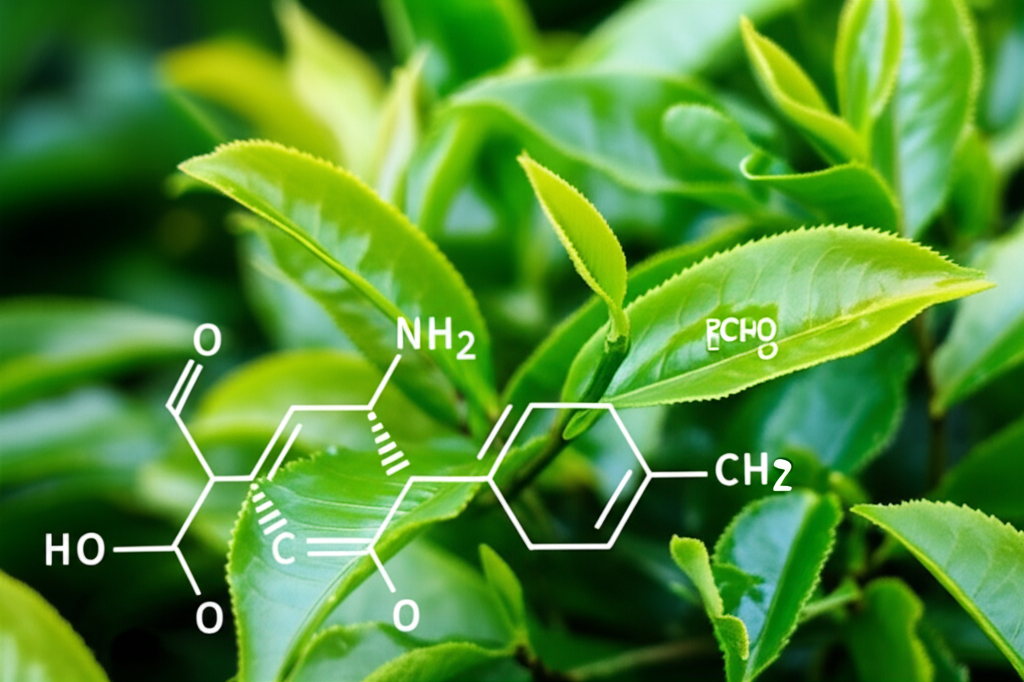What is EGCG? A Guide to Green Tea's Powerful Antioxidant

Green tea has been celebrated for its health benefits for centuries. Much of its power comes from a class of compounds called catechins, and the most potent of these is Epigallocatechin Gallate, or EGCG.
What is EGCG?
EGCG is a type of polyphenol, a powerful antioxidant that can protect the body and brain from damage caused by free radicals. Free radicals are unstable molecules that can cause oxidative stress, a process linked to aging and various chronic diseases. EGCG is one of the most effective antioxidants found in nature.
Benefits for the Brain
EGCG's benefits are not limited to the body; it has significant effects on cognitive health:
- Neuroprotection: EGCG can cross the blood-brain barrier, allowing it to exert its antioxidant and anti-inflammatory effects directly in the brain. This helps protect neurons from damage.
- Cognitive Function: Research suggests that EGCG may enhance working memory and attention by modulating neurotransmitter activity.
- Mood Support: EGCG has been shown to have a calming effect and can increase alpha brain waves, promoting a state of relaxed alertness, similar to its fellow green tea compound, L-Theanine.
Other Health Benefits
Beyond the brain, EGCG is associated with a range of health benefits, including supporting cardiovascular health, promoting a healthy metabolism, and bolstering the immune system.
How to Get EGCG
The most natural way to consume EGCG is by drinking high-quality green tea. Matcha tea is particularly rich in EGCG because you consume the entire tea leaf. For a more concentrated dose, EGCG is also available as a dietary supplement. When choosing a supplement, look for a standardized extract to ensure you're getting a consistent and effective dose.